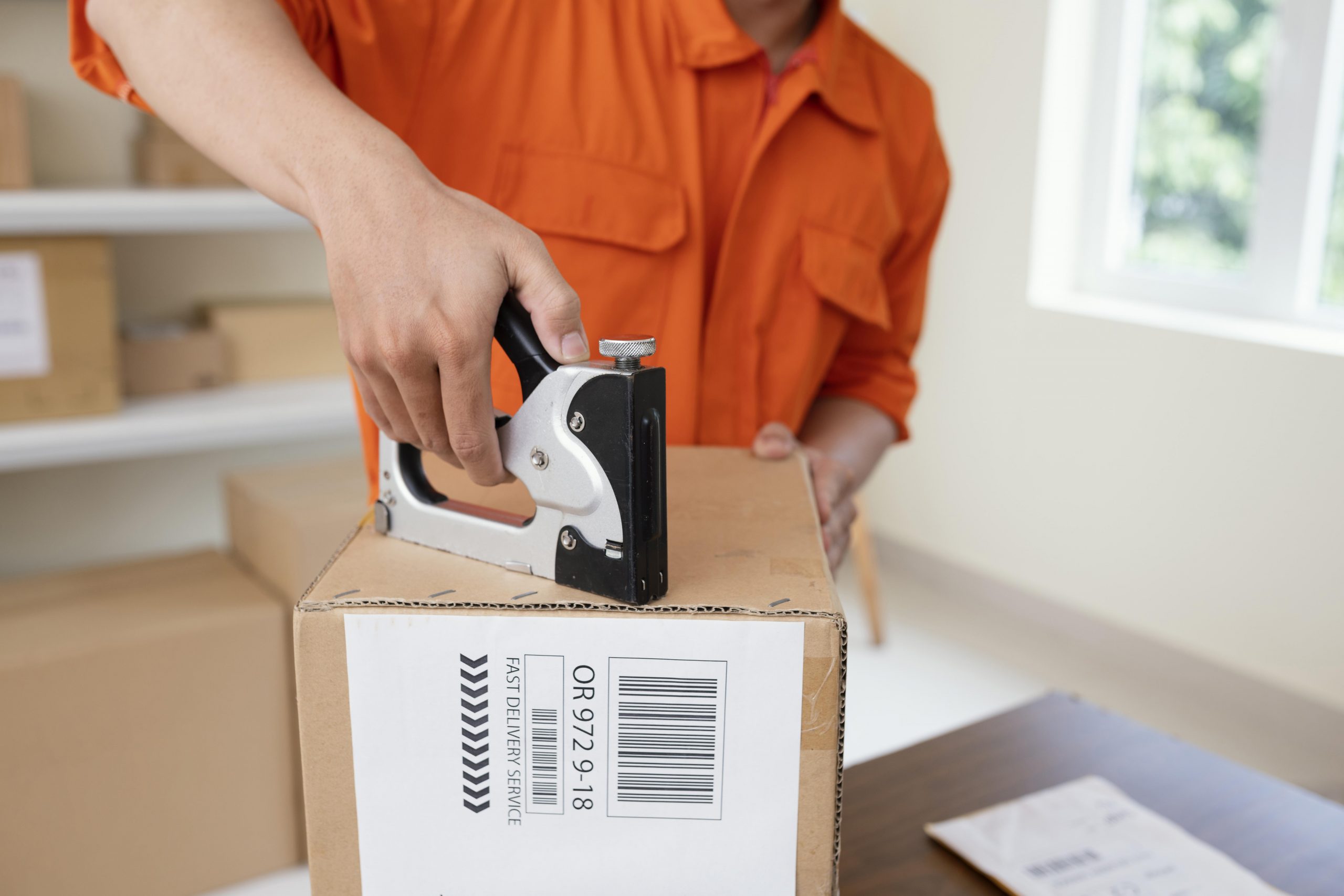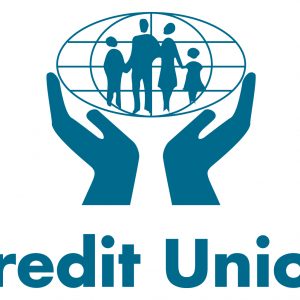
In a rapidly changing market landscape, adaptability is a key attribute for businesses seeking to meet dynamic consumer demands and regulatory requirements. Flexible labeling solutions have emerged as a cornerstone in adapting to these evolving needs, providing versatile and adaptable options for various industries.
These labeling solutions offer not only customization and versatility but also compliance, sustainability, and efficiency, making them an indispensable tool for modern businesses.
The Evolution of Labeling Solutions:
Customization and Versatility:
Flexible labeling solutions encompass a wide range of options, allowing for customization in size, shape, material, and design. This adaptability caters to diverse product requirements across different industries.
Regulatory Compliance:
In industries with stringent regulatory frameworks, such as food, pharmaceuticals, and cosmetics, flexible labeling allows for compliance with changing regulations without extensive retooling.
Sustainability Focus:
The shift towards sustainable practices has led to the development of eco-friendly labeling materials and solutions that align with environmentally conscious consumer preferences.
A Vital Tool in Labeling Solutions
A label applicator plays a significant role in the process of flexible labeling. It allows businesses to rapidly and accurately apply labels to their products, thus enhancing efficiency and productivity. They come in manual and automatic versions, catering to different scales of operations.
Manual label applicators are ideal for small businesses with relatively low-volume labeling needs. On the other hand, automatic label applicators cater to larger operations and are capable of labeling hundreds of products per minute, thereby streamlining the labeling process in high-volume industries.
Advantages of Flexible Labeling Solutions:
Adaptability to Various Surfaces:
Flexible labels adhere to different surfaces, including curved, rough, or irregular surfaces, ensuring a seamless application and maintaining legibility.
Cost-Efficiency and Scalability:
The versatility of flexible labeling solutions allows businesses to streamline operations, reducing inventory complexity and accommodating various product lines cost-effectively.
Enhanced Branding and Aesthetics:
Customizable designs and innovative printing techniques enable eye-catching labels that strengthen brand identity and captivate consumer attention on crowded shelves.
Applications Across Industries:
Food and Beverage:
In the food industry, flexible labeling accommodates varying packaging shapes and sizes, offers temperature-resistant materials, and includes information required by regulatory bodies.
Pharmaceuticals and Healthcare:
For pharmaceutical products, flexible labels adhere to small containers or vials, providing space for crucial information, compliance with regulations, and tamper-evident features.
Cosmetics and Personal Care:
Customizable and visually appealing labels in the cosmetic industry enhance shelf appeal, communicate product information effectively, and align with brand aesthetics.
Trends and Innovations in Flexible Labeling Solutions:
Smart Labeling and Trackability:
Integration of smart features such as RFID tags or QR codes enables trackability, anti-counterfeiting measures, and enhanced consumer engagement.
Sustainable Materials and Practices:
Innovations in biodegradable and recyclable label materials cater to the growing demand for sustainable packaging solutions.
Digital Printing and Variable Data:
Advancements in digital printing technology allow for variable data printing, facilitating personalized marketing or traceability information on labels.
The Role of Flexible Labeling in the Future:
Regulatory Adaptability:
Flexible labeling solutions will continue to evolve to meet new and evolving regulatory requirements, ensuring compliance without disrupting production.
Automation Integration:
Integration with automated labeling systems and Industry 4.0 technologies will streamline labeling processes, enhancing accuracy and efficiency.
Personalization and Consumer Engagement:
Customizable labeling solutions will enable deeper consumer engagement through personalized messages, QR codes for additional information, or interactive elements.
Choosing the Right Flexible Labeling Solution:
Understanding Product Needs:
Identifying specific requirements such as surface type, environmental conditions, regulatory information, and branding considerations is crucial.
Collaboration with Labeling Experts:
Partnering with experienced labeling providers or consultants ensures access to expertise in material selection, design, and compliance.
Test and Iterate:
Conducting tests and trials with different label materials and designs allows for adjustments and refinements before full-scale implementation.
Flexible labeling solutions epitomize adaptability and versatility in a constantly evolving business landscape. From complying with regulations to enhancing brand appeal and consumer engagement, these labeling solutions offer a wide array of benefits across industries.
As technology and sustainability initiatives advance, the future of labeling solutions will continue to evolve, integrating smart features, sustainable practices, and enhanced personalization. Embracing the adaptability and versatility of flexible labeling is not just a response to current market needs; it’s an investment in staying agile and relevant in an ever-changing marketplace.





